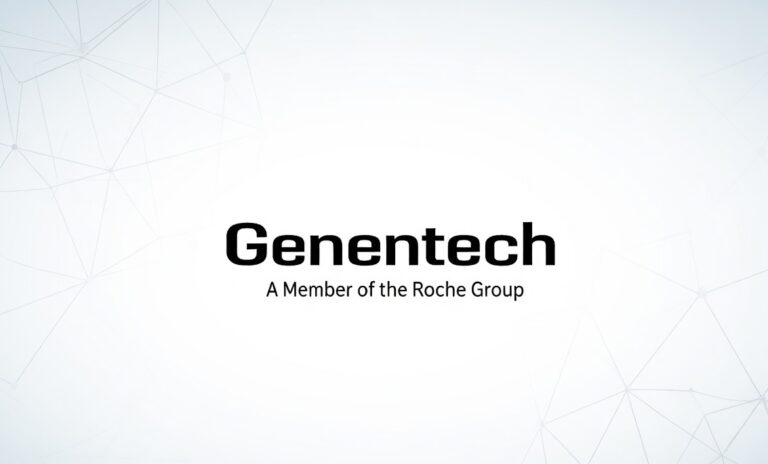
Marinus Pharmaceuticals, a company focused on developing innovative therapeutics for seizure disorders, has announced topline results from the Phase 3 RAISE trial (NCT04391569). This double-blind, randomized, placebo-controlled study assessed the safety and efficacy of intravenous (IV) ganaxolone for treating refractory status epilepticus (RSE), a severe condition where seizures are unresponsive to standard treatments and are associated with high morbidity and mortality.
In the RAISE trial, patients with RSE who had failed at least two antiseizure medications were randomized to receive either IV ganaxolone or placebo, alongside standard care. The study involved 96 patients, with 49 in the ganaxolone group and 47 in the placebo group.
Key findings from the trial include:
- The first co-primary endpoint was met: A significant proportion of patients experienced cessation of status epilepticus within 30 minutes of receiving IV ganaxolone compared to placebo (80% vs. 13%, p<0.0001).
- The second co-primary endpoint was not met: The study did not show a statistically significant difference in the proportion of patients avoiding progression to IV anesthesia for 36 hours after receiving IV ganaxolone versus placebo (63% vs. 51%, p=0.162).
- Serious adverse events occurred at similar rates in both groups (19 for ganaxolone, 18 for placebo), though hypotension was more common in the ganaxolone group.
Scott Braunstein, M.D., Chairman and CEO of Marinus, stated, “Although we did not meet one of our co-primary endpoints, these results are crucial for guiding our ongoing research to develop effective treatments for those with refractory status epilepticus.”
Joseph Hulihan, M.D., Chief Medical Officer, added, “Conducting the first randomized Phase 3 trial in RSE was a significant achievement. We noted that patients were often enrolled late in their condition’s progression, with the study drug starting on average 38 hours after onset, which may not align with urgent treatment guidelines.”
Dr. Hulihan also highlighted the imbalance in baseline characteristics between the groups, noting that patients in the ganaxolone arm had higher severity scores and more underlying conditions like glioblastoma and encephalitis, potentially skewing the results.
Despite the mixed results, Marinus remains confident in IV ganaxolone’s potential for treating RSE, supported by preliminary EEG data showing significant reductions in seizure burden for patients on ganaxolone. These patients showed an 88% median reduction in seizures compared to 38% for placebo, suggesting that the need for IV anesthesia might not fully reflect seizure control.
Aatif M. Husain, M.D., from Duke University Medical Center, emphasized the importance of rapid intervention in RSE, suggesting that future trials should use EEG measures to assess seizure control instead of relying solely on the need for IV anesthesia.
Marinus plans to further analyze the RAISE data and engage with the FDA to discuss the next steps for IV ganaxolone in RSE. The company also intends to present these findings at an upcoming medical conference.
Marinus will continue to provide IV ganaxolone to patients with super refractory status epilepticus through emergency investigational new drug applications. The company’s financial outlook remains strong, with sufficient cash reserves to cover operating expenses into mid-2025, supported by recent cost-saving measures and amendments to credit agreements.
The development of ganaxolone in the RAISE trial was supported by the Department of Health and Human Services’ Administration for Strategic Preparedness and Response, Biomedical Advanced Research and Development Authority.





